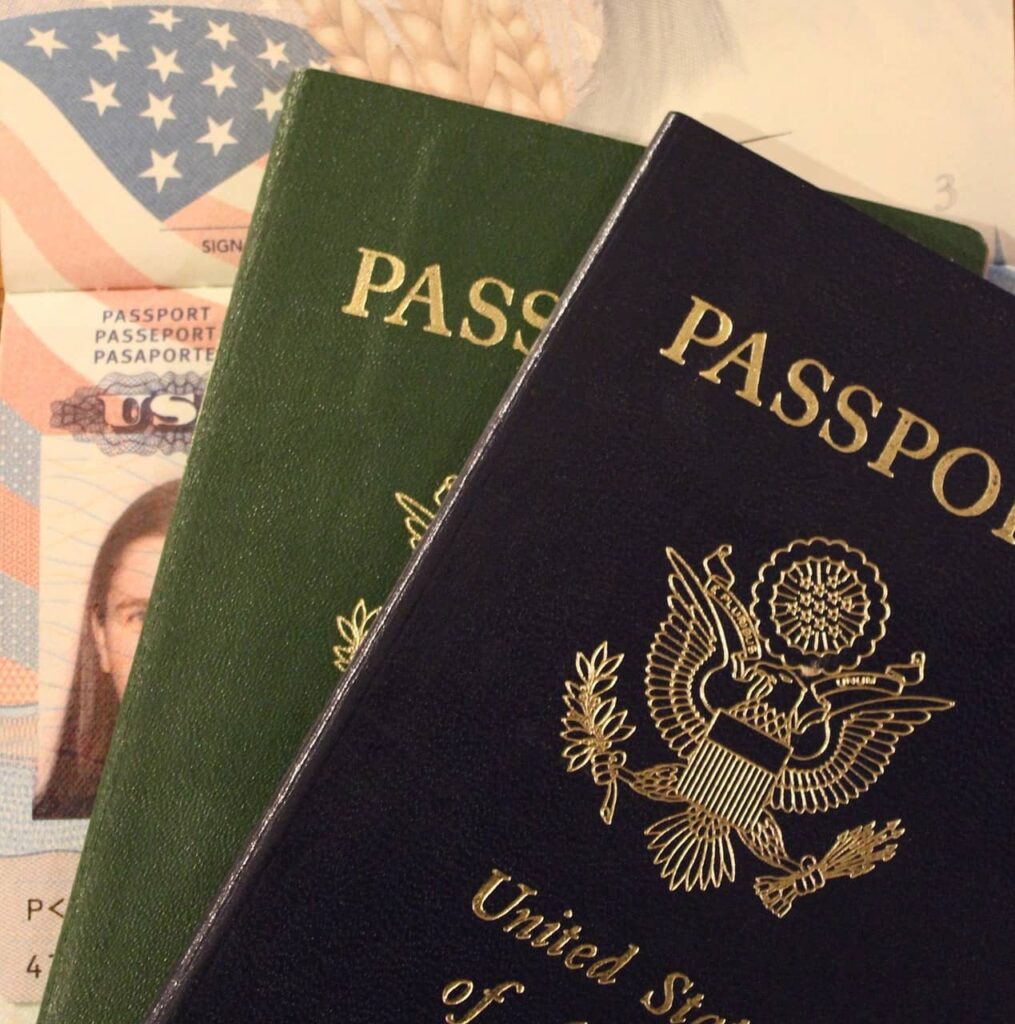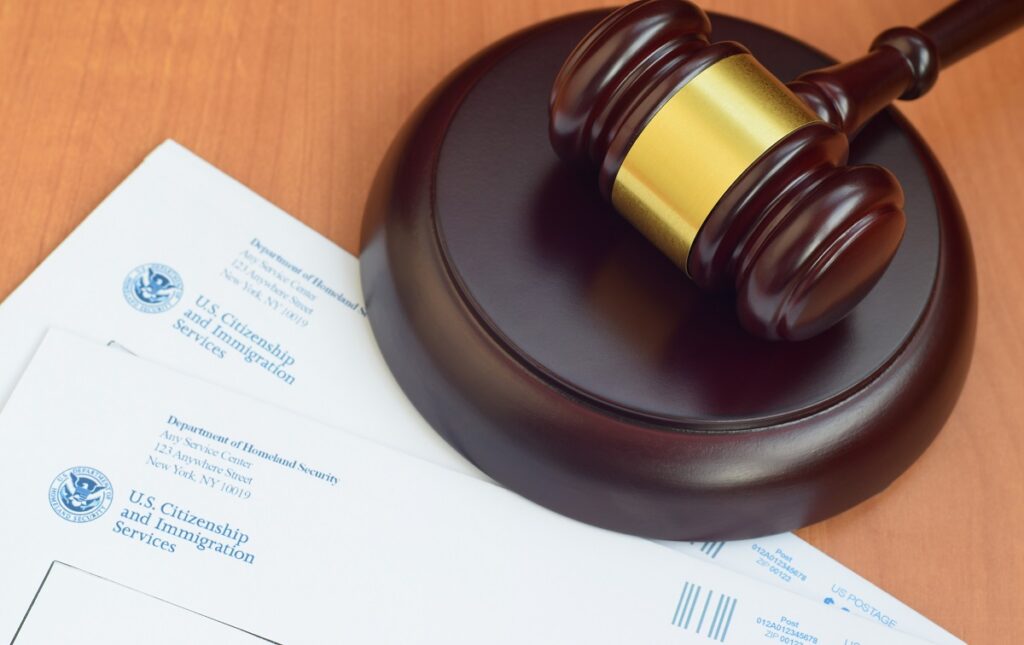Extreme Hardship Waiver Overview
The Extreme Hardship Waiver helps people remove conditions on a Green Card, making them eligible to apply for permanent residency. On October 24, 2014, the Board of Immigration Appeals addressed this in the Matter of Munroe. They ruled that people filing for the waiver must show the hardship happened within two years after they became lawful permanent residents.
Conditional Green Cards: Background
Section 216 of the Immigration and Nationality Act states that noncitizen who get a Green Card through marriage to a U.S. citizen or lawful permanent resident must first hold a conditional Green Card for two years. This status lets U.S. Citizenship and Immigration Services (USCIS) check if the marriage is genuine after two years, ensuring it wasn’t done to bypass immigration laws.
Process for Removing Conditions
Those with a conditional Green Card must apply to remove these conditions within 90 days before their second anniversary as permanent residents. After the application, USCIS may schedule an interview to confirm the marriage is real. in some cases, USCIS may skip the interview and use documents to verify the marriage.
Waivers for Noncitizen Spouses
If a marriage ends, USCIS offers options for noncitizens to apply for a waiver to remove conditions without their spouse. Waivers may be available if:
- The marriage, while genuine, has ended.
- The noncitizen or their child faced abuse or extreme cruelty from the U.S. spouse.
- Extreme hardship would occur if the noncitizen had to leave the U.S
Key Rulings in Matter of Munroe
In Matter of Munroe, the Board stressed that hardship must occur within the two-year period after receiving a conditional Green Card. The hardship must be tied to the marriage. For example, a custody dispute might qualify as extreme hardship. other factors that might affect hardship include:
- Time Spent in the U.S. and family connections
- Financial situation and job status
- Health issues
- Economic and political conditions in the home county
- Community ties in the U.S
Conclusion
Extreme hardship is determined on a case-by-case basis. A careful review of your situation is important when requesting a waiver. How you present your case to USCIS can greatly impact your chances of staying in the U.S.
Post provided by: Attorney Charles Conroy





